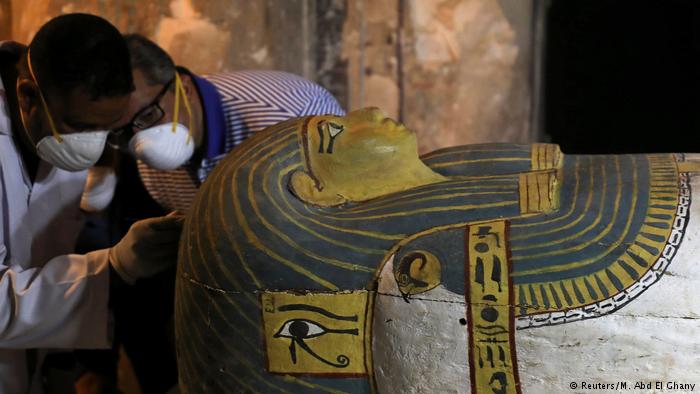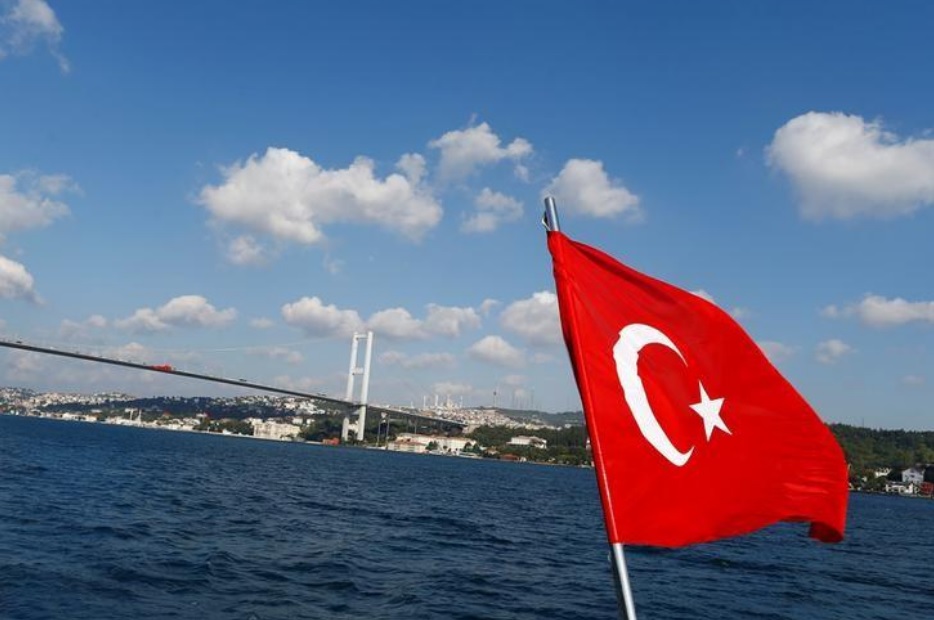
A Professor of Geology and Water Resources at the Cairo University Abbas Sharaky explained that the Grand Ethiopian Renaissance Dam (GERD) was designed to hold 11 billion cubic meters, but its capacity was increased to 60 billion cubic meters – which raises many concerns, especially since Ethiopia is a country prone to earthquakes.
Ethiopia contains the largest number of volcanoes behind the passage of the biggest rift in the world in Addis Ababa, and this rift is 500 kilometers away, he said, which will potentially impact the dam especially if the earthquakes are particularly strong.
During his interview with the privately-owned Al-Shams satellite channel on Friday, Sharaky added, that there is great Ethiopian intransigence in reaching an agreement on the operation of the GERD.
He pointed out that the construction of the dam has been completed, and Addis Ababa has stored 60 billion cubic meters – the maximum limit of the dam.
Tensions rising
Late 2024 saw tensions rise between Cairo and Addis Ababa following the failure of negotiations over the Nile River waters.
At the beginning of September 2024, Egyptian Foreign Minister Sameh Shoukry sent a letter to the UN Security Council rejecting the recent statements made by Ethiopian Prime Minister Abiy Ahmed regarding the fifth filling of the GERD.
He stressed Egypt’s categorical rejection of Ethiopia’s unilateral policies that violate the rules and principles of international law, which constitute a clear violation of the Declaration of Principles Agreement and the Security Council’s presidential statement of September 15, 2021.
The Egyptian letter to the UN explained that the end of 13 years of negotiations with Egypt’s sincerest intentions came once it was obvious to everyone that Addis Ababa is only interested in using the negotiations as a cover to prolong reaching any solution.
It added that Ethiopia is seeking to legitimize its unilateral policies that contradict international law and to hide behind unfounded claims that these policies are based on the right of peoples to development.
Ethiopia, in turn, responded with a letter to the Security Council in which it claimed that Egypt had participated in negotiations over the past decade with the sole aim of obstructing its progress and returning to its rigid positions, claiming that Egypt’s insistence on its historical share of the Nile waters is borne from colonial-era deals and a refusal to accept any different outcomes.




